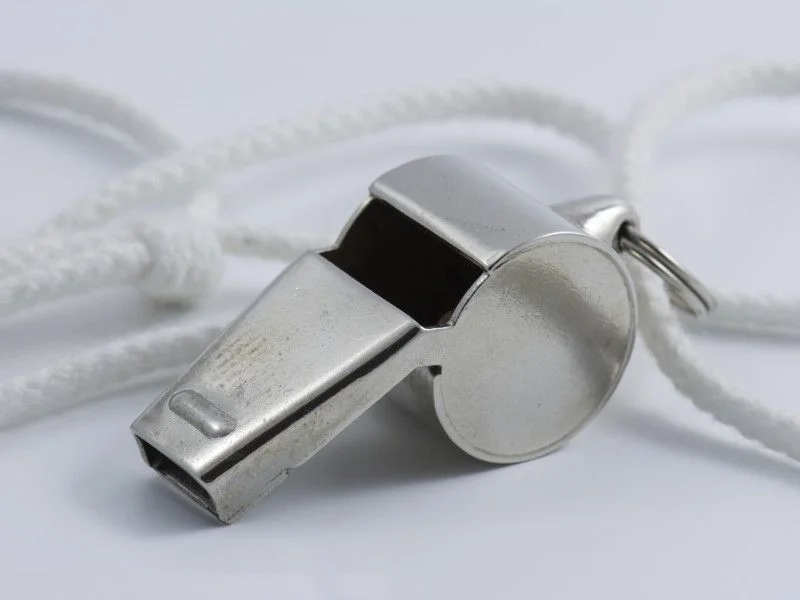There has, without question, been an unprecedented cascade of sexual harassment complaints being made public following the Harvey Weinstein allegations. This is a good thing. The willingness of victims of sexual harassment to come forward and share their stories makes it more likely that an employee in some other workplace will feel empowered to do the same.
These recent public allegations have also led to an increased level of scrutiny on the legal process by which employees make claims and employers make amends. This came to light most recently in an article in The New Yorker, which highlighted the ends to which Harvey Weinstein and his companies were willing to go to ensure that the allegations against him never became public.
His primary tool? Confidentiality agreements.
It seems that the tactic most commonly employed by the group was the use of confidentiality agreements, following payouts to victims ranging from the tens of thousands to the millions. The use of these agreements has come as a shock to many; however, those of us on the front lines representing victims of sexual harassment and employment discrimination know that these agreements have been around for a long time and are utilized very frequently in the context of sexual harassment and employment discrimination settlements in New York.

CONFIDENTIALITY AGREEMENTS – WHAT ARE THEY AND WHY ARE THEY USED?
When a victim of sexual harassment or employment discrimination comes forward and decides to pursue legal remedies, he or she may have several options depending upon the circumstances. Employees may decide to simply file a lawsuit in State court, or they may prefer to take the route of filing an administrative proceeding with the EEOC or New York State Division of Human Rights. Or in some circumstances they may, after consulting with their attorney, decide to bring their claims to the company prior to a public filing, and attempt to negotiate a resolution.
A resolution may be reached at any time in any of these scenarios. In the context of claims of sexual harassment and employment discrimination, a resolution typically includes the payment of money to the victim. Once a resolution has been reached, a settlement agreement will be signed by the parties. This agreement always includes a release (prohibiting the victim from filing a lawsuit based on the claims in the future) and it often includes a confidentiality agreement.
In the context of a settlement, a confidentiality agreement states that the parties agree that they will not discuss the terms of the settlement – generally to anyone other than their spouse, clergy, attorney or tax/financial advisor. If they do disclose or talk about the terms, they will potentially be subject to penalties, including in some cases forfeiture of the money that they received for the settlement or payment of other damages.
NOW THAT WE KNOW WHAT CONFIDENTIALITY AGREEMENTS ARE, LET’S LOOK AT WHY THEY ARE USED.
The Employer’s Perspective
From the employer’s perspective, it is paying a sum of money not only to avoid the potential for a larger hit if it loses the lawsuit, but to “buy” its peace. The idea being that, by settling the case and entering into a confidentiality agreement, the employee will move on and will not raise the issues in public at some later date.
The criticism of these types of agreements is that, by buying its way out of the claim, the employer has no incentive to make changes to its culture and, instead, is simply covering up bad behavior via a payoff to the victim. These agreements may also prevent other employees from learning about a serial harasser or know that they are not the only one on the receiving end of harassment. Critics say that this is a disservice. And in some cases, where the employer really does do nothing other than make a pay out, it is certainly possible that public pressure could have resulted in more action. However, from the perspective of the victim of the harassment or discrimination, there are several reasons why these agreements may be necessary or desireable.
The Employee’s Perspective
When someone comes into our office with a potential claim for sexual harassment or employment discrimination, we discuss several issues. One of those issues is the goal of the client in seeking out a lawyer and pursuing legal action. And, generally speaking, there is no right or even common answer.
Sometimes a victim of harassment or discrimination wants nothing more than for the matter to be made public and for the wrongdoer to be called to task in a very public way. There are ways for this to happen and, in that scenario, it likely makes sense to move forward with a public lawsuit, rather than trying to quietly resolve the case.

In other situations, however, the harassment or discrimination victim has legitimate concerns about her future. She may be a professional in a very small community, or she may be concerned that if she makes public allegations she will have a difficult time getting another job in her industry. Or she may be concerned about the impact on her family. These are legitimate concerns given the public nature of lawsuits and, in these scenarios, a client may very well benefit from a confidential settlement and knowing that the terms will not be disclosed by her former employer.
We also need to keep in mind when criticizing confidential settlements that an employee who has lost his or her job because of harassment or discrimination is often in dire financial straights. Recourse in these situations is money and not necessarily a public shaming of the employer or bad actor. Sometimes when we are looking at high paying industries, we forget that most people do not have the luxury of riding out a lawsuit.
Agreeing to confidentiality is also a way to secure non-disparagement or a neutral employment reference in return (so your former employer can’t bad mouth you publicly either). This is a way these agreements can work to buy the employee’s peace as well.
One lesson employers can learn from recent events is that failing to deal with bad actors or a bad culture can come back to bite you in the long run. Now that we are seeing more victims come forward, failing to take some action after a settlement agreement or learning of problems with a particular individual is not going to be good for business in the long run. The hope (and we have seen it happen in our practice) is that companies paying confidential settlements will also take steps, even if behind the scenes, to deal with harassers and change the culture in an attempt to prevent the same thing from happening again.
As is often the case in sexual harassment and employment discrimination situations, each case and client is different. There is absolutely not a one size fits all approach to handling these cases, and it is critical that a strategic approach be taken to ensure that the needs and desires of the client are considered before actions are taken that cannot be undone.
If you have questions about sexual harassment or discrimination in a New York workplace contact us today. We’re happy to help.


